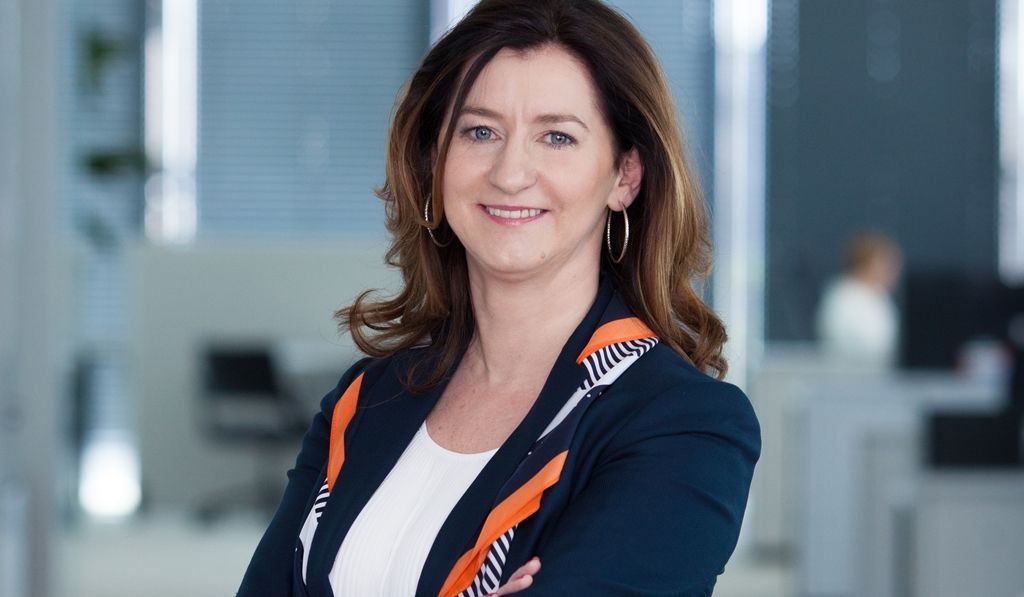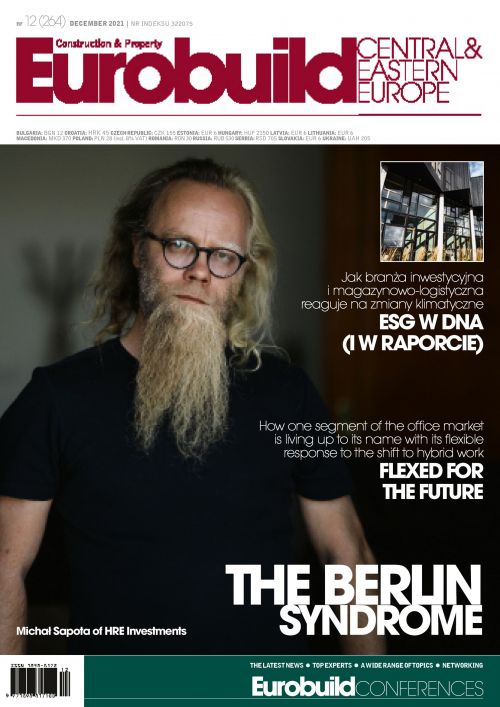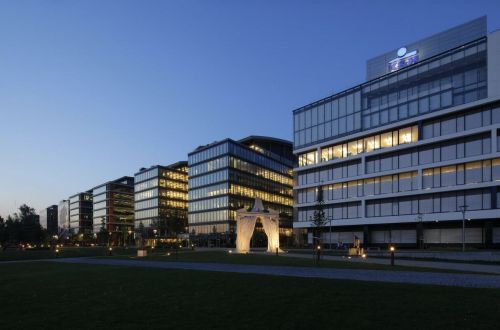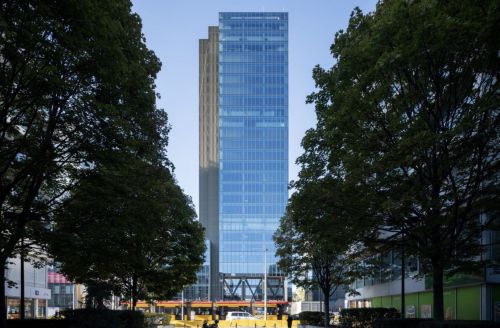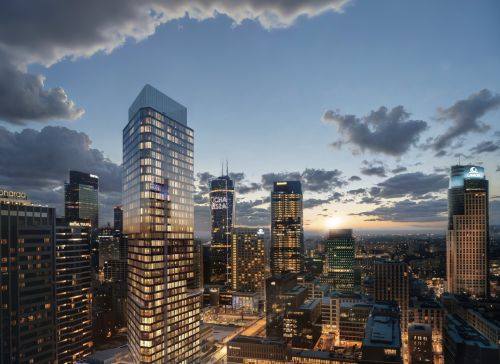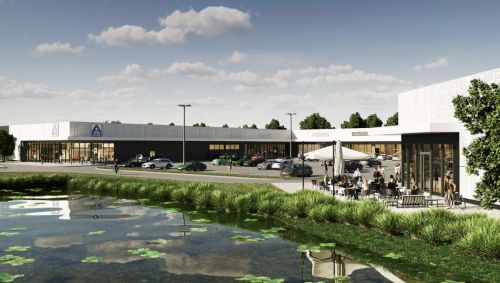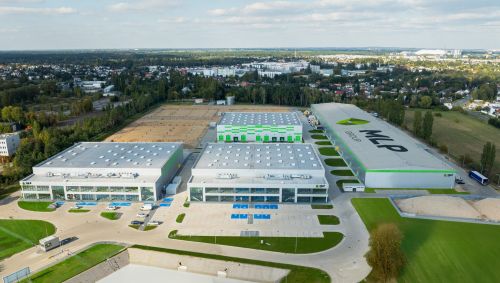Shopping centres have been reporting rising footfalls and high conversion rates. What’s your perspective on the post- lockdown situation for shopping centres?
Justyna Kur, the vice-president and managing director for real estate, Apsys Polska: In the centres we manage at Apsys, we are seeing that shoppers want to come back to malls, since they offer services that cannot be provided online, such as the handling of goods and expert advice. Shopping centres are also able to meet non-shopping needs – services, experiences and places for people to spend their free time. In the centres in our portfolio, we’re now seeing footfall at similar levels to the figures that PRCH has regularly published. In August it was almost 11 pct higher than a year ago, while in September it was 4.72 pct more than in the same month of 2020. Tenants in Apsys-managed centres also saw their turnovers rise in August 2021 by 20.2 pct and by 13.96 pct in September compared to the same two months of
